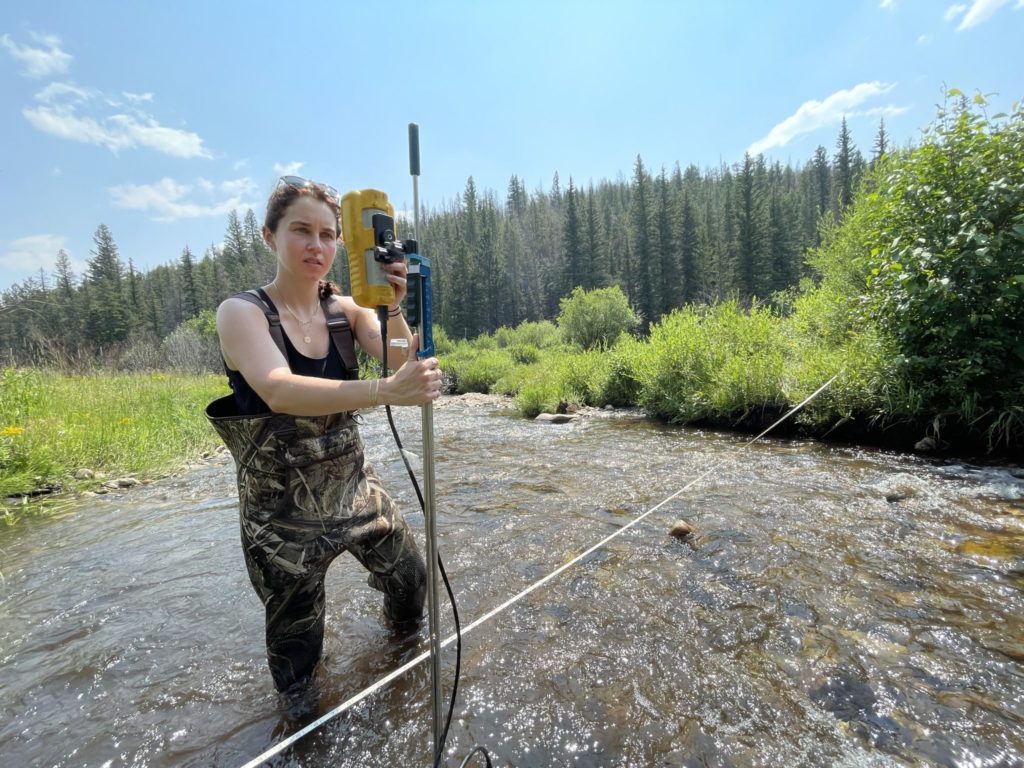
Ryan Morrison, assistant professor in the Department of Civil and Environmental Engineering, has been selected for a CAREER award from the National Science Foundation. Morrison will use the $500,000 in funding from this prestigious early-career faculty award to study how floodplain restoration can benefit natural ecosystems and downstream communities.
Floodplains provide a valuable service by reducing the impacts of flooding downstream. Rivers have been extensively altered by the construction of levees, dams and other engineered flood control measures that remove the natural mitigation provided by floodplains and likely increase the risk of flooding, Morrison stated in his proposal.

“Floodplains are a natural infrastructure that protect human development within a river basin,” he said.
Past research has shown floodplain restoration can help with flooding on a small scale. Morrison will explore how strategically positioning restoration projects along more of the river system can benefit flood mitigation on a large scale.
Through field studies and modeling, he hopes to discover the best locations for restoration efforts and how much the characteristics of the watershed matter. The Poudre River will be one case study for the five-year endeavor.
Many communities, including those along the Front Range, will be more likely to experience floods and hydrologic variability in the future, Morrison said, so understanding the benefits floodplains can provide will become even more important.
“Floodplains are one of the most impacted ecosystems globally,” he said. “A lot of money is pumped into river and floodplain restoration – billions of dollars a year – so better understanding how we can restore floodplains both for their ecological integrity and the services they provide to humans is really important.”
Education and community outreach
The project will promote river science through place-based learning. Morrison plans outreach activities with the Coalition for the Poudre River Watershed, a nonprofit focused on improving and maintaining the ecological health of the watershed through community collaboration. He also will develop materials to educate K-12 students on fieldtrips and in summer camps at the CSU Environmental Learning Center, which is on the Poudre River.
Morrison’s civil and environmental engineering students, as well as several first-generation students from the Scott Undergraduate Research Experience program, will collect field data and monitor river activities throughout the project.